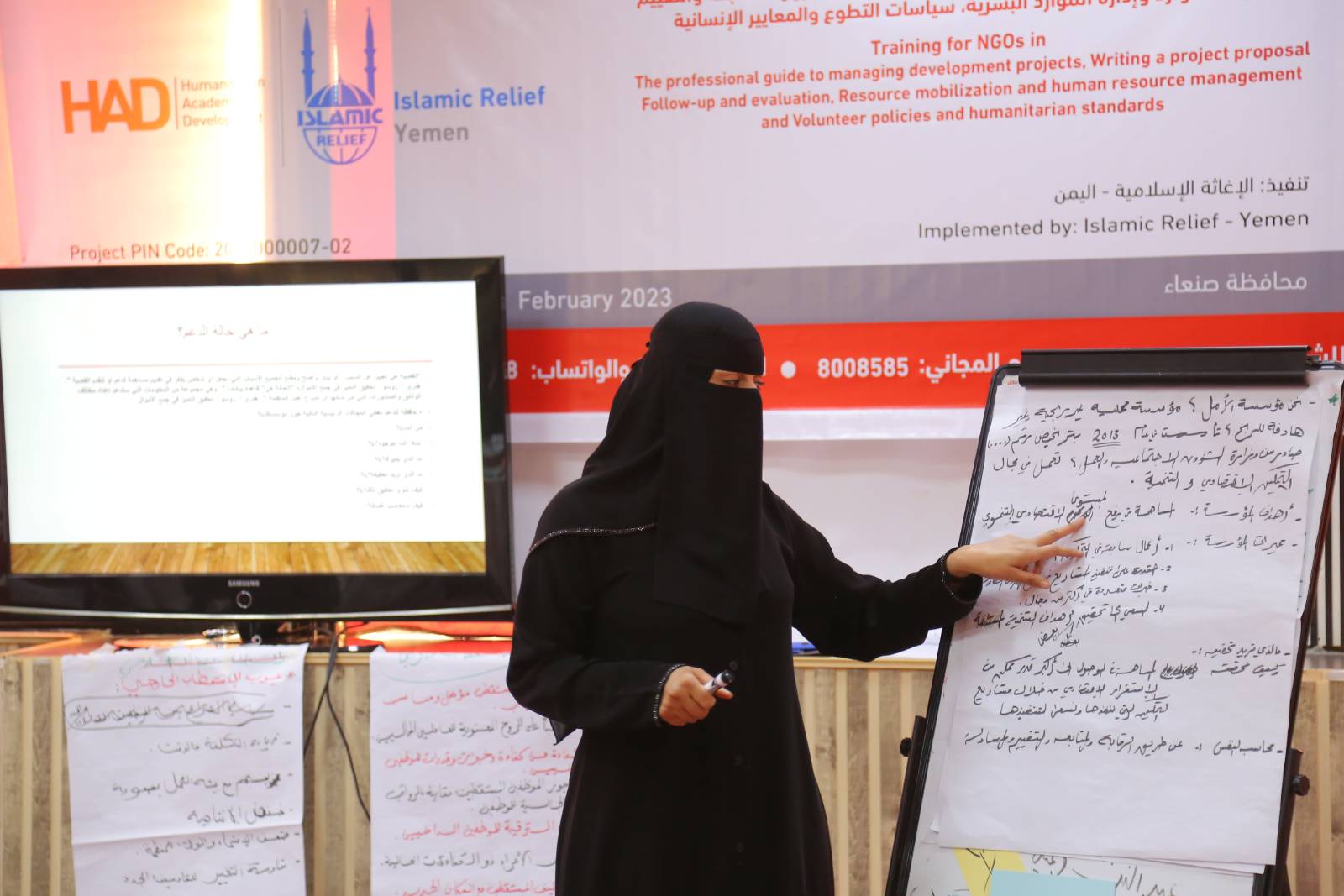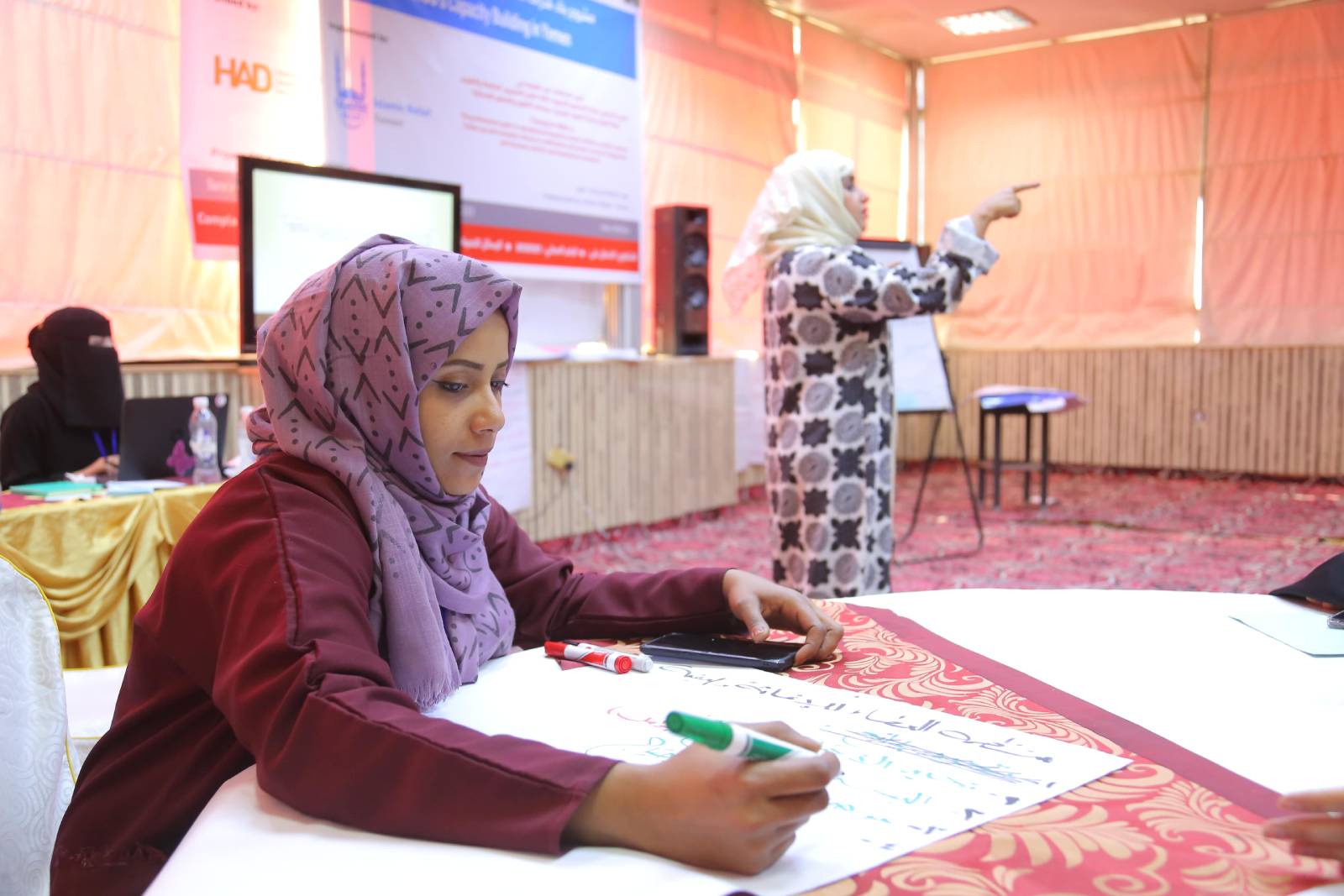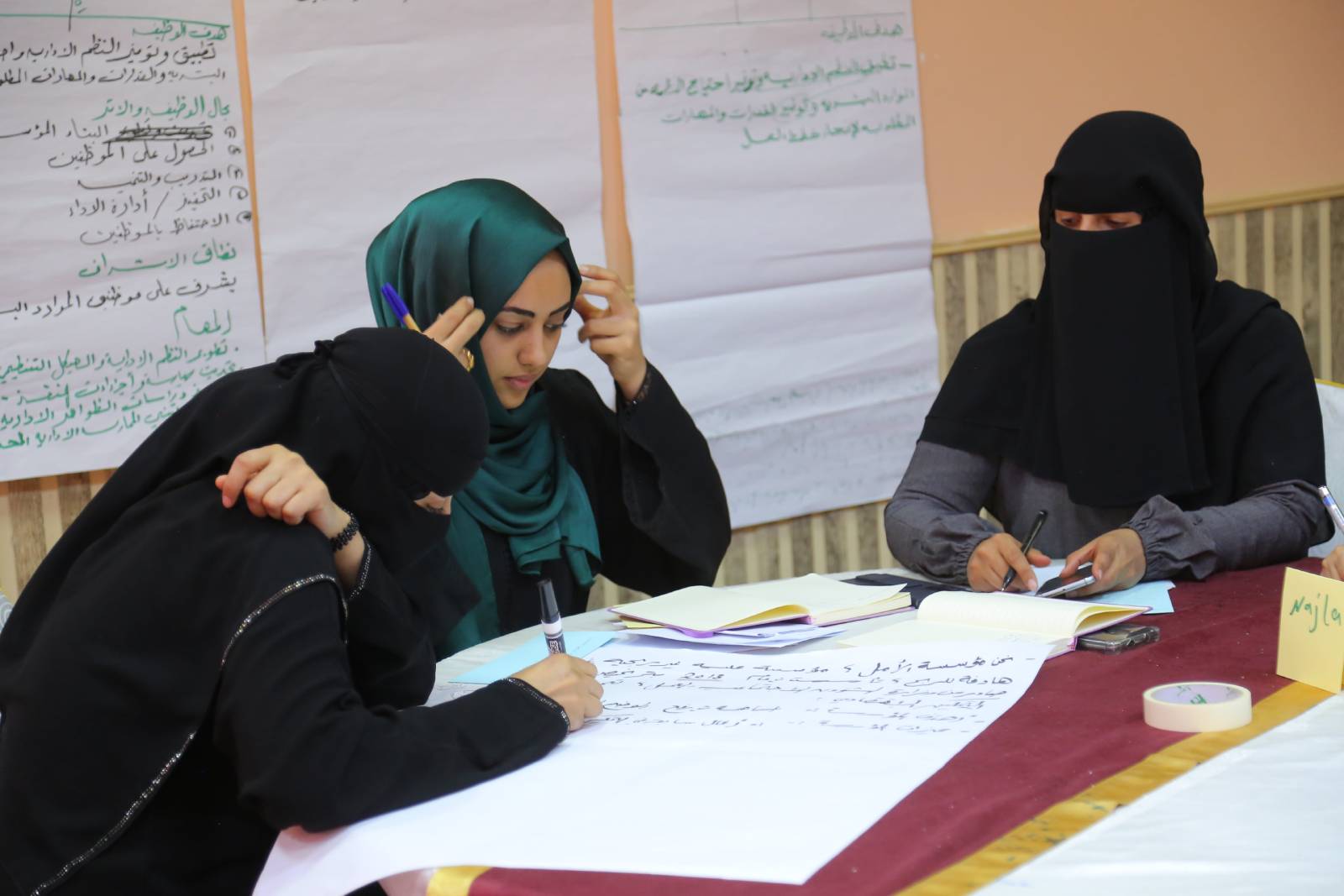
Overview
Partner mapping refers to the process of gathering data in a given location to understand the presence of local organisations and the types of work in which they are engaged. Conducting a partner mapping exercise provides implementing organisations with the information they need to ensure that the skills of local representatives are utilised as they conduct their intervention and helps to eliminate repetitive action. For such an exercise, HAD will typically work to gather data on various aspects of local organisations including organisational background, thematic focus and expertise, geographic reach, legal status, financial status, leadership and governance, partners, and policy. This approach can be adapted according to the objectives of the assignment, as well as the local context and need.
Main objectives

What it includes

Defining mapping parameters
Defining the objectives of the mapping process and identifying target geographical areas and thematic sectors.

Research and data collection
Compiling a comprehensive list of active local organisations in the target geographical area/s through reviewing existing cluster databases and reports and collecting qualitative data through interviews and field assessments.

Capacity assessment
Assessing the capacity of local organisations through a quantitative survey and recording the final list of organisations and their capacities in a database.








